Nature (journal)
Overview
Nature is a British scientific journal first published on 4 November 1869. It is one of the most recognizable scientific journals in the world, and was ranked the world's most cited by the Science Edition of the 2010 Journal Citation Reports1(https://www.nature.com/nature-portfolio/about).
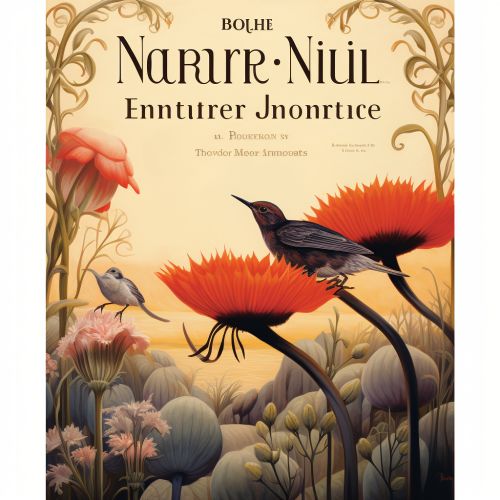
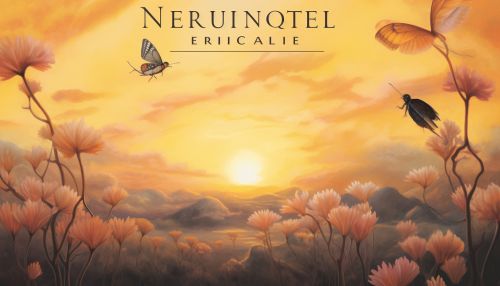
The journal covers all fields of science and technology, providing a platform for the announcement and discussion of fundamental scientific discoveries. It is published by the Nature Portfolio, a division of the international scientific publishing company Springer Nature2(https://www.springernature.com/gp).
History
Nature was first published in 1869 by Alexander Macmillan, with the aim of providing a forum for the exchange and dissemination of new scientific ideas. The first editor was Norman Lockyer, a British scientist known for his work on spectroscopy3(https://www.nature.com/nature-portfolio/about). The journal quickly gained a reputation for publishing significant scientific papers and has maintained this reputation throughout its history.

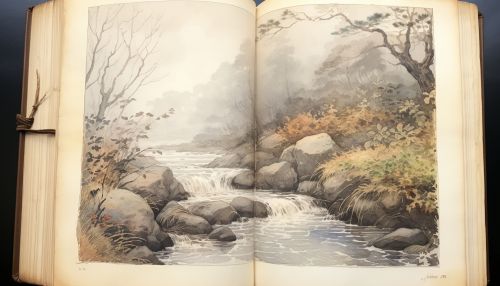
Content and Publication
The journal publishes original research articles, reviews, and commentaries covering a wide range of scientific disciplines. The content is divided into several sections, including 'News & Views', 'Features', 'Reviews', 'Perspectives', 'Letters', and 'Articles'. Each issue also includes editorials, book reviews, and a careers section4(https://www.nature.com/nature-portfolio/about).


Impact
Nature has a high impact factor, a measure of the frequency with which the average article in a journal has been cited in a particular year. According to the Journal Citation Reports, the journal had an impact factor of 43.070 in 20195(https://www.nature.com/nature-portfolio/about). This high impact factor reflects the importance of the research published in the journal and its influence in the scientific community.
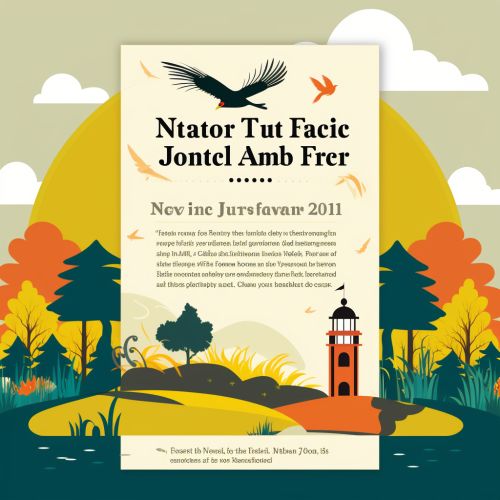
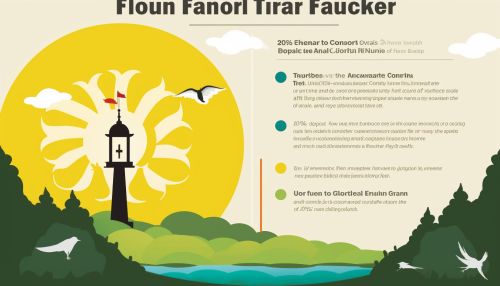
Criticisms and Controversies
Despite its prestige, Nature has faced criticisms and controversies. Some critics argue that the journal's high impact factor and prestige can lead to a focus on 'headline-grabbing' research at the expense of more incremental, but equally important, scientific advances6(https://www.nature.com/articles/d41586-018-05823-5). There have also been instances of retracted articles and allegations of editorial bias7(https://retractionwatch.com/).
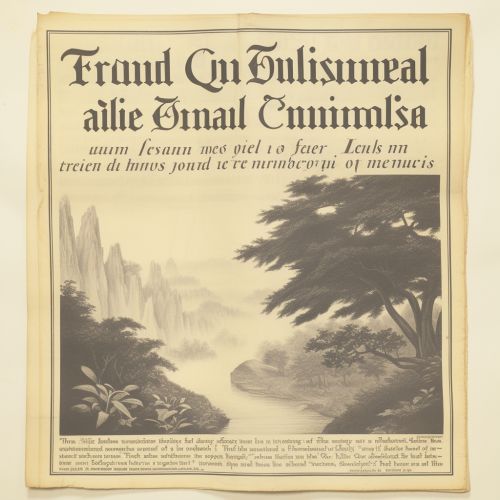
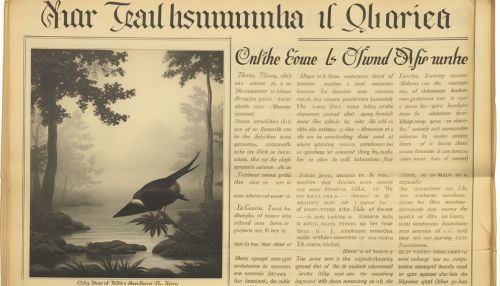
See Also
References
1. "About Nature Portfolio" 2. "Springer Nature" 3. "About Nature Portfolio" 4. "About Nature Portfolio" 5. "About Nature Portfolio" 6. "Is the staggeringly profitable business of scientific publishing bad for science?" 7. "Retraction Watch"
